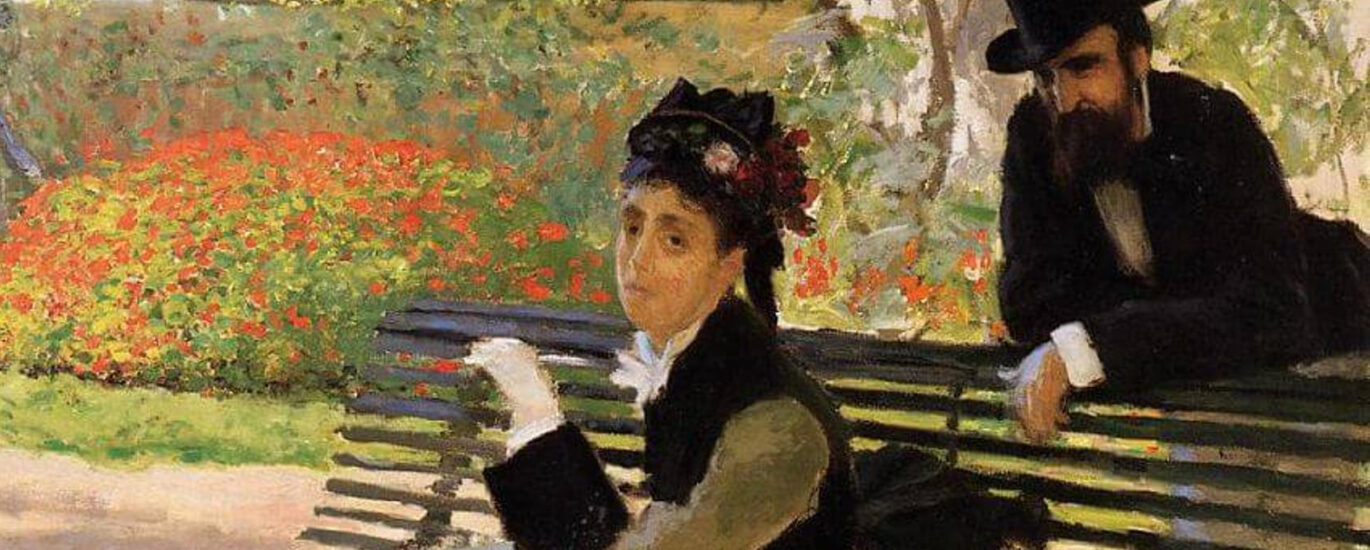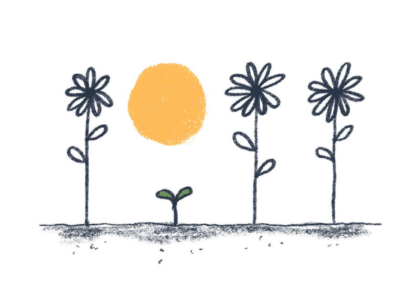“People, especially women, who remain single are seen as failures regardless of how successful and fulfilled the rest of their lives may be.”
-Our Bodies, Ourselves
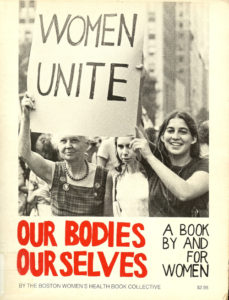
The Book
Our Bodies, Ourselves is a book about women’s health and sexuality produced by the nonprofit organization Our Bodies Ourselves (originally called the Boston Women’s Health Book Collective). First published in 1970, it contains information related to many aspects of women’s health and sexuality, including: sexual health, sexual orientation, gender identity, birth control, abortion, pregnancy and childbirth, violence and abuse, and menopause. The most recent edition of the book was publisehd in 2011. The book was revolutionary in that it encouraged women to celebrate their sexuality, including chapters on reproductive rights, lesbian sexuality, and sexual independence. The move towards women’s active engagement with their actual sexual desires was contradicting the popular gendered belief of “passive” women and “active” men in sexual relationships.
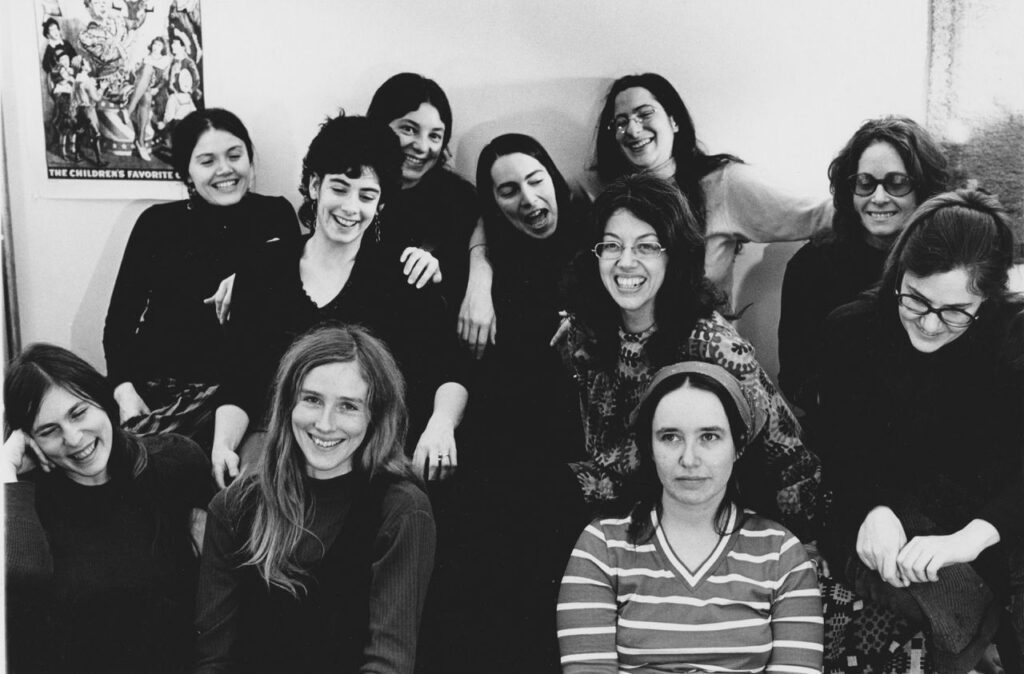
The Authors
In May of 1969, as the women’s movement was gaining momentum and influence in the Boston area and elsewhere around the country, a group of women met during a “female liberation conference” at Emmanuel College. In a workshop on “Women and Their Bodies,” they shared their experiences with doctors and their frustration at how little they knew about how their bodies worked. The discussions were so provocative and fulfilling that they formed the Doctor’s Group, the forerunner to the Boston Women’s Health Book Collective, to find out more about their bodies, their lives, their sexuality and relationships, and to talk with each other about what they learned. They decided to put their knowledge into an accessible format that could be shared and would serve as a model for women to learn about themselves, communicate their findings with doctors, and challenge the medical establishment to change and improve the care that women receive, and this became Our Bodies, Ourselves. The Preface of the 1973 edition identifies the authors as white, ages 24-40, mostly middle-class and educated. Some of the women were married, some single, some with children, others without children. They claim, “We are white middle-class women, and as such can describe only what life has been for us. But we do realize that poor women and non-white women have suffered far more from the kinds of misinformation and mistreatment that we are describing in this book. In some ways, learning about our womanhood from the inside out has allowed us to cross over the socially created barriers of race, color, income and class, and to feel a sense of identity with all women in the experience of being female.”
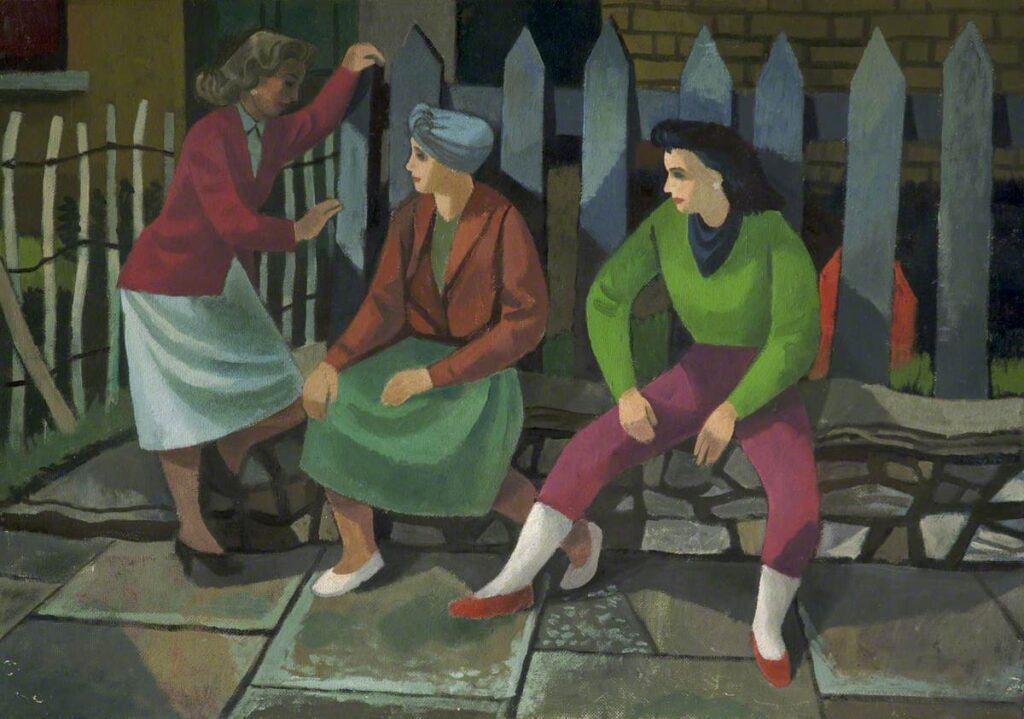
“For many of us it has been difficult to be open and honest about our sexuality. As we managed to be more trusting with each other we found that talking about ourselves and our sexuality can be very liberating.”
-Our Bodies, Ourselves
Our Guest
Jessica Harder
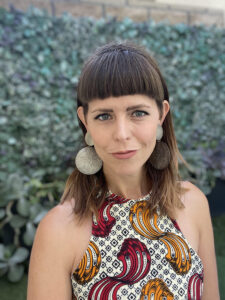
Jessica Harder has spent her life revolved around the human body. She began filtering her creativity into designing clothing for the body at the age of four, which led into a fifteen-year career in the fashion industry. At the age of 23 she moved to the Netherlands, where she ,met her husband and lived for six years. After moving back to the United States she changed careers and began teaching yoga and meditation. As a yoga teacher, Jessica has taught athletes training for the Olympics, rock climbers, senior citizens, babies, children, convicted convicts, people with drug and alcohol addiction, yogis, mothers, and pregnant women. She has devoted her career to teaching individuals to come into a deeper awareness of the body and mind. During the pandemic, she started a women’s group called Moms Together Six Feet Apart, which provides support to mothers giving birth during the pandemic. Jessica is currently working on her first book about prenatal yoga and raising her two children.
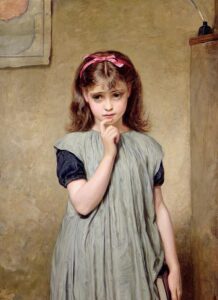
Amy’s Takeaways
Even the title of Our Bodies, Ourselves is revolutionary. Especially when considered in context of history – where women were owned by men, and then if not owned then controlled by men, and where men continue to make laws about women’s bodies and guidelines about their clothing, it is a powerful act to say “this is my body.” Our consciousness – our soul – is housed in our body. It is the apparatus in which we move around the world. So claiming ownership of every aspect of our body is fundamental to our physical, mental, emotional, and spiritual freedom. I am so grateful that I read this book and learned about its origins. And I couldn’t have had a better reading partner than the magnificent, wise, body-empowered Jessica Harder.

“We have been asked why this is exclusively a book about women. …Our answer is that we are women and, as women, do not consider ourselves experts on men (as men through the centuries have presumed to be experts on us). We are not implying that we think most twentieth-century men are much less alienated from their bodies than women are. But we know it is up to men to explore that for themselves, to come together and share their sense of themselves as we have done. We would like to read a book about men and their bodies.”
-Our Bodies, Ourselves
Listen to the Episode
&
Share your Comments with us below!

